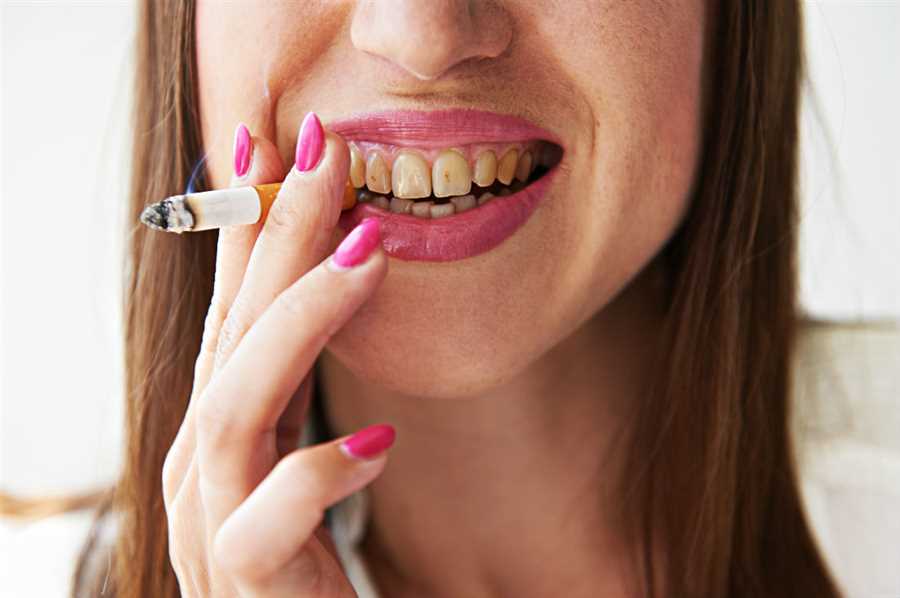Smoking is harmful to almost every part of your body, but did you know it can also complicate dental procedures? Whether you’re going in for a routine cleaning or a more invasive treatment like implants, smoking can significantly affect both the outcome and recovery. Here’s a closer look at how smoking impacts dental health, and what you can do about it.
1. Smoking and Its General Impact on Dental Health
Smoking is a leading cause of gum disease, tooth decay, and even tooth loss. The chemicals in tobacco smoke reduce blood flow to your gums, which slows down healing and makes it harder for your body to fight infections. This makes your teeth and gums more susceptible to bacteria, leading to issues like:
• Gum disease (gingivitis and periodontitis)
• Increased plaque buildup
• Bad breath
• Tooth discoloration
The damage caused by smoking isn’t just cosmetic—it can lead to serious, long-term dental health problems.
2. Smoking’s Impact on Specific Dental Procedures
Now, let’s dive into how smoking can complicate specific dental procedures.
• Dental Cleanings: Smokers often have more plaque and tartar buildup on their teeth, making routine cleanings more challenging. Additionally, smoking weakens your gums, which can lead to more discomfort during and after the procedure.
• Tooth Extractions: After a tooth extraction, smoking can interfere with the healing process. Smoking causes blood vessels to constrict, which reduces the oxygen supply to the affected area. This can slow down the healing process, making it more difficult for your gums to regenerate.
• Dental Implants: Smoking significantly increases the risk of dental implant failure. The chemicals in smoke can interfere with the bone’s ability to integrate with the implant (osseointegration). Smokers are also at higher risk for infections and complications during the healing process, which can cause implants to fail.
• Crowns and Fillings: Smoking can affect the bond between crowns, fillings, and your natural teeth. It may also cause your dental work to discolor faster, which means you’ll need more frequent replacements.
3. How Smoking Affects Healing and Recovery
One of the most important aspects of dental procedures is recovery. Smoking can seriously delay healing in the mouth. For example, after surgery or extractions, smokers have a higher chance of developing dry socket, a painful condition that occurs when the blood clot in the extraction site is dislodged, exposing the bone. This is more common in smokers due to the suction and heat created when inhaling smoke.
Smoking also reduces the body’s ability to fight infection, which means that your gums and jawbone are more vulnerable to complications during recovery. If you’re planning any dental work, it’s a good idea to quit smoking before and after the procedure to give your body the best chance for a smooth recovery.
4. What You Can Do: Tips for Smokers Preparing for Dental Procedures
While quitting smoking altogether is the best choice for your health, if you’re not quite ready to take that step, here are some tips to help reduce the risks before a dental procedure:
• Quit Smoking Before and After the Procedure: Try to stop smoking at least 48 hours before a procedure to give your gums and body a chance to heal properly. Continuing to avoid smoking for a few days after the procedure can also help the recovery process.
• Maintain Good Oral Hygiene: Brush and floss regularly to minimize plaque buildup. Keeping your mouth as clean as possible can reduce the chances of complications during a dental procedure.
• Consider Nicotine Replacement Options: If you’re finding it tough to quit smoking, talk to your dentist about alternatives like nicotine patches or gum to help manage cravings.
• Ask About Antibiotics: If you’re having a more invasive procedure, your dentist may recommend antibiotics to reduce the risk of infection. This can be particularly helpful if you’re a smoker.
Conclusion
Smoking doesn’t just affect your lungs—it can also have a serious impact on your dental health and any procedures you may undergo. Whether it’s increasing the risk of infections, slowing recovery, or even causing dental implants to fail, the risks are real. By being mindful of these effects and taking steps to minimize them, you can give your teeth and gums the best chance at a successful, healthy outcome.

